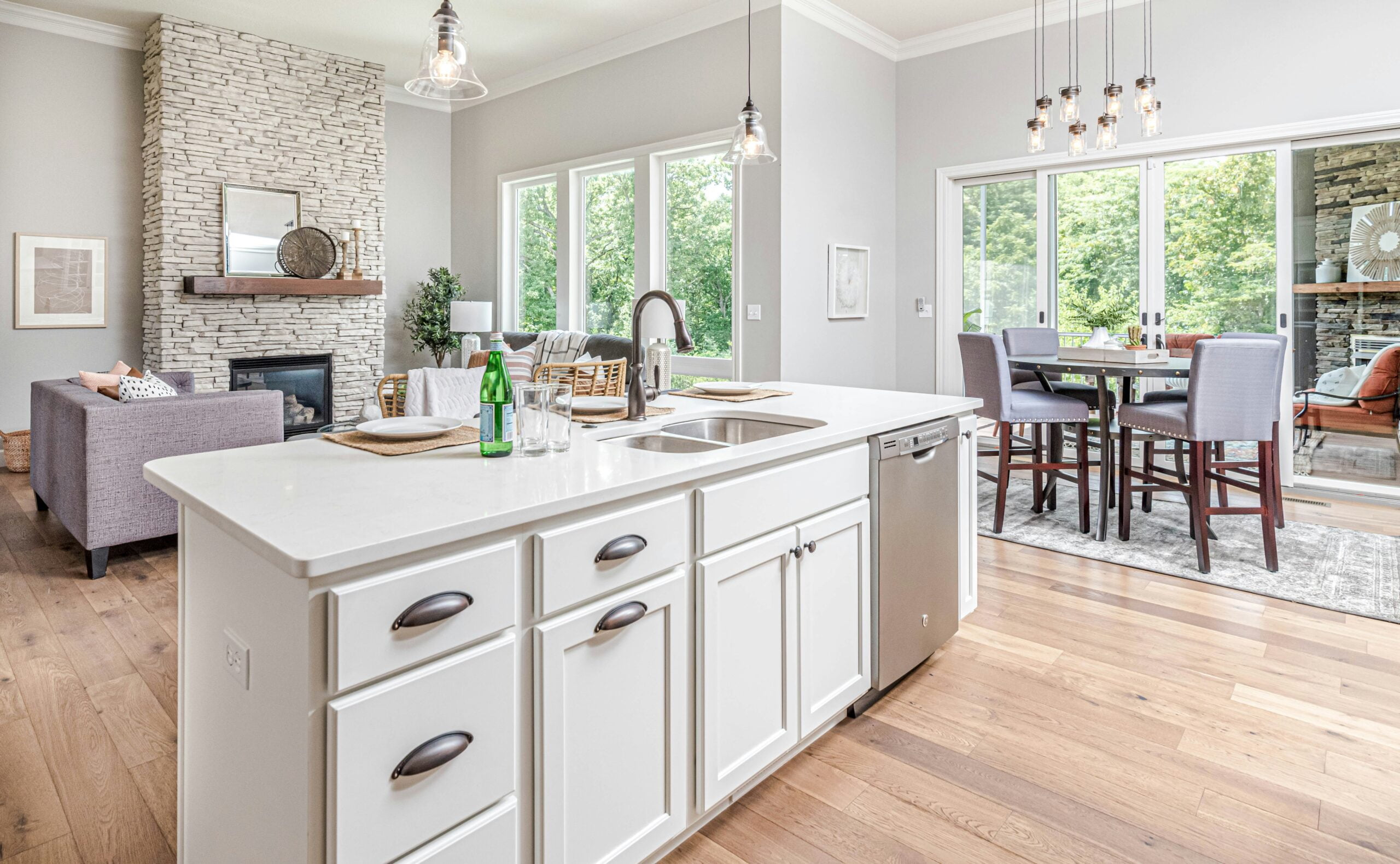In the realm of home improvement and interior design, flooring plays a pivotal role in setting the tone and ambiance of any space. As a leading provider of flooring solutions in the Dallas-Fort Worth area, Nationwide Floor & Window Coverings in Plano, TX is dedicated to offering a wide range of options to meet the diverse needs of our clients. Among the various flooring materials available, luxury vinyl plank (LVP) flooring has gained significant popularity in recent years. In this article, we will delve into the pros and cons of LVP flooring to help homeowners make an informed decision.
Pros of Luxury Vinyl Plank Flooring
1. Durability and Resilience
One of the most notable advantages of LVP flooring is its durability. Designed to withstand heavy foot traffic, scratches, and spills, LVP is an ideal choice for busy households and commercial spaces. Its resilient nature ensures a long-lasting and low-maintenance flooring solution.
2. Water Resistance
LVP flooring is highly water-resistant, making it suitable for areas prone to moisture, such as bathrooms, kitchens, and basements. Unlike hardwood or laminate, LVP does not swell or warp when exposed to water, providing peace of mind for homeowners.
3. Aesthetic Appeal
With advanced printing technology, LVP flooring offers a wide range of designs and textures that closely mimic the look of natural wood, stone, or ceramic tiles. This allows homeowners to achieve a high-end appearance without the hefty price tag associated with real hardwood or stone flooring.
4. Easy Installation
LVP flooring is designed for easy installation, often featuring a click-lock system that allows planks to be easily snapped together. This DIY-friendly option can save homeowners time and money on installation costs.
5. Comfort and Warmth
Compared to traditional hard-surface flooring, LVP provides a warmer and more comfortable underfoot experience. It can also be installed over radiant heating systems for added warmth during colder months.
Cons of Luxury Vinyl Plank Flooring
1. Susceptibility to Fading
Although LVP flooring is durable, it can be susceptible to fading when exposed to prolonged direct sunlight. Homeowners should consider using window coverings or UV-protective coatings to prevent fading over time.
2. Limited Refinishing Options
Unlike hardwood flooring, which can be sanded and refinished multiple times, LVP flooring cannot be refinished. Once the wear layer is damaged, the entire plank needs to be replaced.
3. Environmental Concerns
LVP flooring is made from synthetic materials, primarily polyvinyl chloride (PVC), which raises concerns about environmental sustainability and indoor air quality. Homeowners seeking eco-friendly options may want to explore alternatives.
4. Acoustic Properties
While LVP is softer than tile or hardwood, it may not provide the same level of sound insulation. In multi-level homes or apartments, additional underlayment may be required to reduce noise transmission.
5. Potential for Diminished Home Value
While LVP flooring can enhance the aesthetic appeal of a home, it may not add as much value as natural wood or stone flooring. Potential homebuyers may prefer traditional materials, especially in higher-end properties.
Luxury vinyl plank flooring offers a versatile and practical solution for homeowners seeking a balance of style, durability, and affordability. However, it’s important to weigh the pros and cons to ensure that it aligns with your lifestyle, aesthetic preferences, and long-term goals. At Nationwide Floor & Window Coverings in Plano, TX, we are committed to helping our clients navigate the wide array of flooring options to find the perfect fit for their homes.


